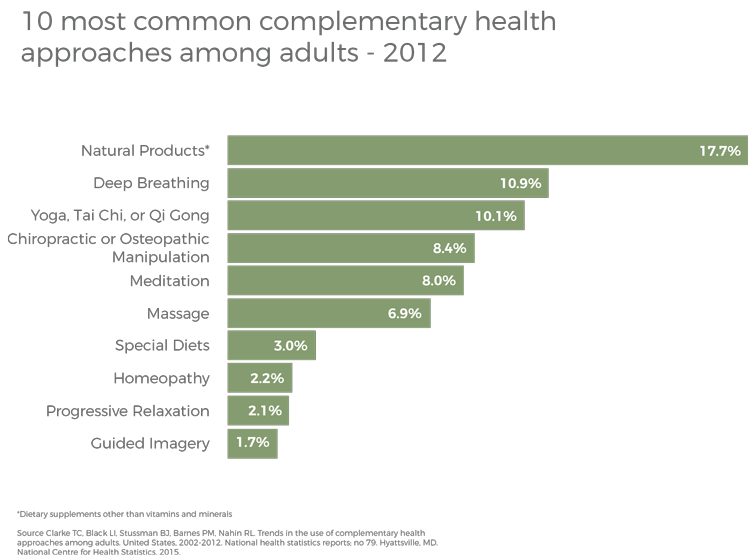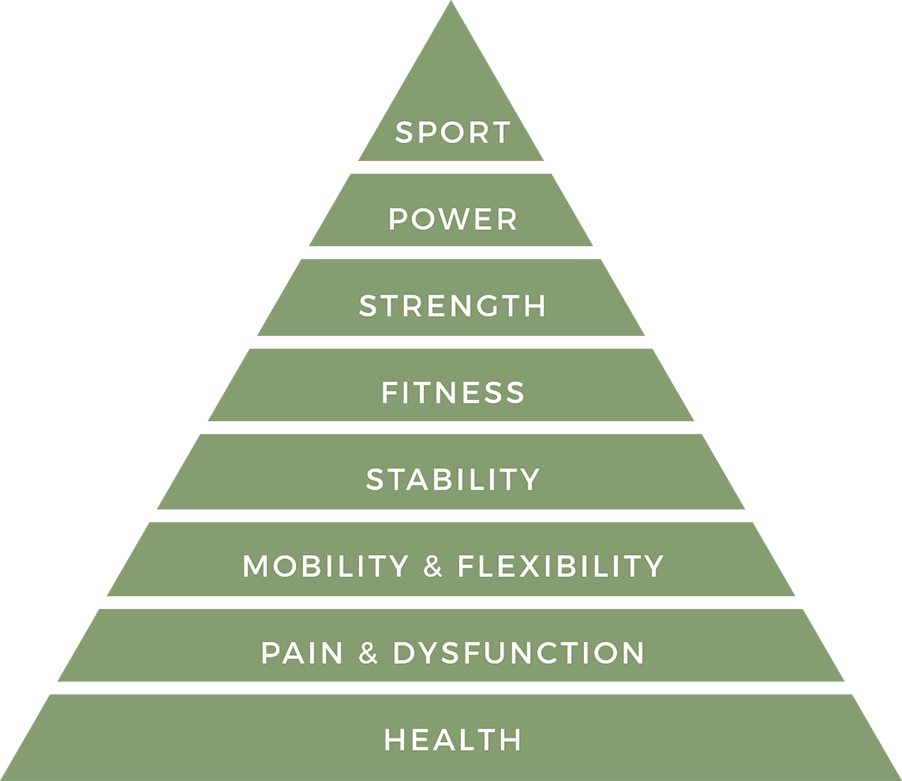
What is integrative health?
Integrative Health combines modern medicine with established approaches from a wide range of cultures to address the biological, psychological, social, and spiritual aspects of health and illness.
It emphasises respect for the human capacity for healing, and the importance of the relationship between the practitioner and the patient. It draws from traditional practices such as the following;
| Practice | Origin |
| Traditional Chinese Medicine (TCM) | China |
| Acupuncture | China |
| Modern Medicine | Greece |
| Ayurveda | India |
| Yoga | India |
| Naturopathy | Greece (Hippocrates) |
| Unani Tibb | Arabic – based on Greek medicine |
| Homeopathy | Germany – Samuel Hahnemann |
| Chiropractic | United States |
| Colon Therapy – Enema | Egypt |
| Osteopathy / CranioSacral therapy | United States |
| Meditation | Hindu traditions of Vedantism |
| Mindfulness | Buddhist traditions |
| Qigong, Tai Chi | China |
| Ancient Herbal Medicine | South and Central America |
| Feldenkrais Method | Israel |
| Fasting | Christians, Jews, Muslims, Hindus, Taoists, Confucianists, Jainists, Buddhists, & other religious faiths. |
With that said, an Integrative Health Practitioner is informed by the latest scientific evidence, and it is imperative for practitioners to make time to evaluate scientific research and determine whether this information requires changes to ‘best practice’.
Modern medicine is broken down into many parts which are serviced by separate specialists, e.g. Cardiologists (Heart), Chiropractors (Musculoskeletal and Nervous System), Neurosurgeons (Brain), Dermatologists (Skin), and Podiatrists (Feet).
Specialists have a massive amount of knowledge but often fail to recognise the interconnections of symptoms and conditions. For example, a Dermatologist is treating a patient with psoriasis and eczema but doesn’t evaluate the patient’s diet, stress levels, or the health of their gastrointestinal system.
What does an Integrative Health Practitioner (IHP) do?
IHPs focus on the whole person and consider all of the systems within the body including the cardiovascular, digestive, endocrine, immune, exocrine, musculoskeletal, renal/urinary, reproductive, respiratory, and nervous systems.
Integrative Health Services make use of all appropriate healthcare professionals and disciplines including complementary health approaches.

Integrative Health Services emphasise the relationship between the practitioner and the patient with the initial consultation focusing on building a relationship based on compassion, mutual respect, and empathy.
One of the roles of the IHP is to educate and empower their clients so that they can contribute to their own health care.
Integrated Health Process

The best treatment approach will focus on mental, emotional, spiritual, and physical healing instead of conventional treatment approaches which focus solely on physical healing.
An essential step in our approach is to emphasise the reduction of habits or patterns that contribute to your symptoms or disease such as;
- Sedentary Lifestyle
- Processed foods
- Time spent using electronic devices
- Alcohol, sugar, coffee, and other inflammatory foods and drinks.
- Negative thought patterns and emotions that are experienced on a daily basis
- Stress experienced on a daily basis.
These reduction strategies place emphasis on the ‘Foundation Principles’ of health.
The foundation principles of health
Adhering to the basic principles of human health are essential at all times but even more important when trying to recover from pain, injury or illness. Effortless Superhuman practitioners have found it very difficult to progress with clients when their “Foundation Principles” are not squared away.
 Organic whole foods
Organic whole foods- Active lifestyle
- Emotional health
- Quality sleep patterns
- Adequate hydration
- Mental health
- Optimal breathing patterns
- Spiritual health
Spiritual Health
Being spiritual means connecting with your inner self and identifying your value base from which you choose to live your life.
There are many ways to develop and strengthen their value base on a daily basis including meditation, prayer, great literature, music, singing and dancing – all as unique as they are varied.
Emotional Health
Filling your mind with emotions such as fear, anxiety, hopelessness, jealousy, depression, loneliness, and anger can physically manifest as disease. Physiological states can harm your health just as clearly as obesity or lack of physical fitness.
Mental Health
Working towards optimal mental health often disappears upon entering the work force. Reading, writing, planning, visualising, being creative, thinking analytically, and having intellectual conversations are all important for optimal mental health.
Making time for these activities is essential as the connection between mental and physical health has been well documented.
Physical Health

To maintain the health of your body and mind, you need to exercise on a daily basis to challenge your systems and preserve the extensibility of your muscles and joints.
Sleep is also a critical component of a healthy lifestyle and contributes to your spiritual, mental, emotional and physical well-being.
Nutrition is a vital part of physical health and by consuming the highest quality food and water, and by limiting toxins and chemicals, you can move towards optimal health.

To learn more about the foundation principles and how they relate to the performance pyramid, read our e-book The Performance Pyramid
Effortless Superhuman
At Effortless Superhuman, our Integrative Health Services provide you with choices, allowing YOU to guide your own healing process.
Our Practitioners view themselves as mentors and coaches which is why, in many cases, they will recommend extra reading, viewing, or listening material that will contribute to your learning and understanding.
Our passionate team of practitioners are waiting to hear from you. Contact us today to speak with one of our Integrative Health Practitioners.
